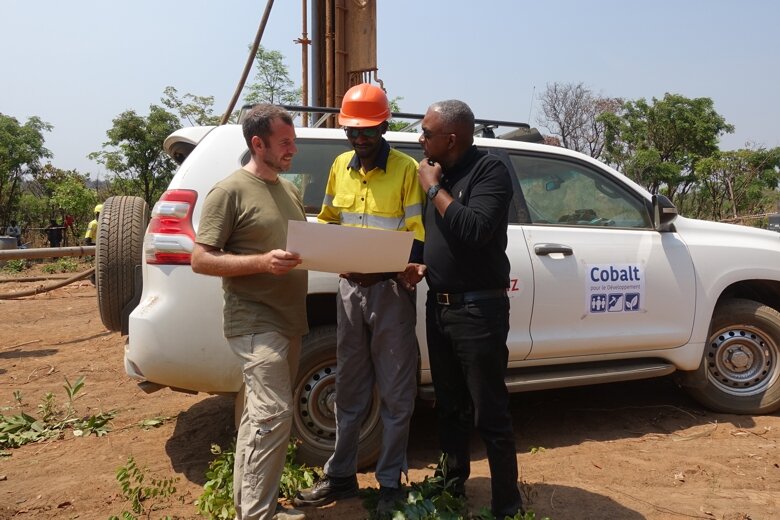
Whether it’s the production facilities where BMW’s are built, the materials its cars are built from or what happens at the end of their journey, sustainability is a vital consideration.
Let’s take a recent example. Cobalt is one of the raw materials integral to the functioning of battery cells. By 2023, BMW aims to have 25 electrified models in its product line-up. Roughly triple the amount of cobalt that is used now is required for that to happen.
Applying an ethically responsible approach to extracting the raw material and processing it is part of a fully transparent strategy that underpins all activities.
That is why 80 per cent of the cobalt required now comes from Western Australia’s Murrin Murrin mine. BMW is the only carmaker with a direct-to-mine raw material sourcing approach.
“We take a keen interest in battery cell supply chains that extends all the way down into the mines themselves,” said Ralf Hattler, Senior Vice President Purchasing Indirect Goods and Services, BMW AG.
This systematic and strategic commitment to green principles puts BMW on a very different path to its competitors. The resources used, the way energy is consumed and the many methods of recycling mean that BMW is a global leader in climate protection.
Ninety nine per cent of the waste generated worldwide by internal production every year is recycled and reused. The BMW i3 is 95 per cent recyclable. Interior panels are made from kenaf, a material sourced from hibiscus plants. Textiles are made from recycled PET bottles.
Even the electricity that powers the new generation of EVs is carefully considered as part of the sustainability mix. From 2020 onwards, 100 per cent of BMW’s manufacturing sites will use electricity from renewable energy sources.
From the top down, every aspect of BMW is impressively sustainable.
Comment below to have your say on this story.
If you have a news story or tip-off, get in touch at editorial@governmentnews.com.au.
Sign up to the Government News newsletter
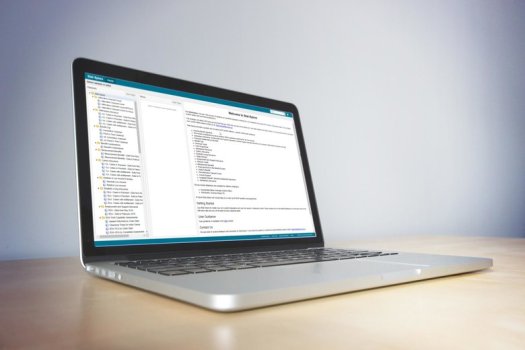
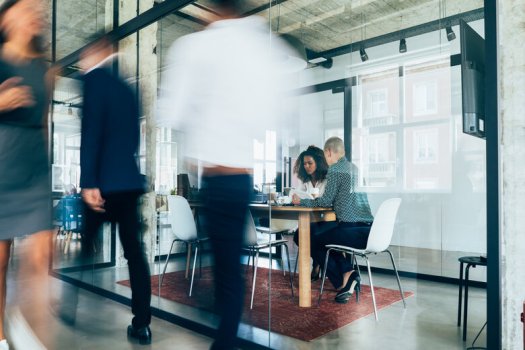
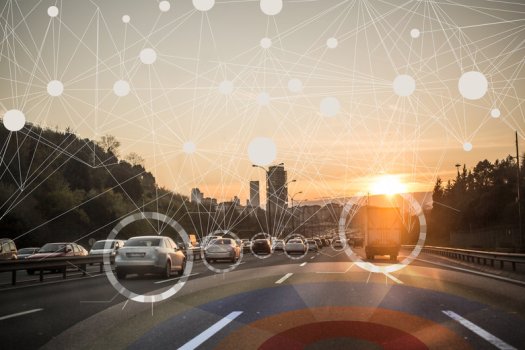

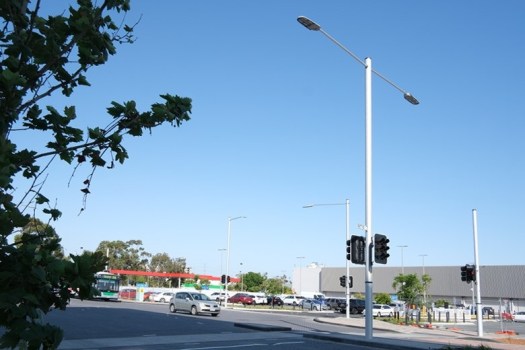
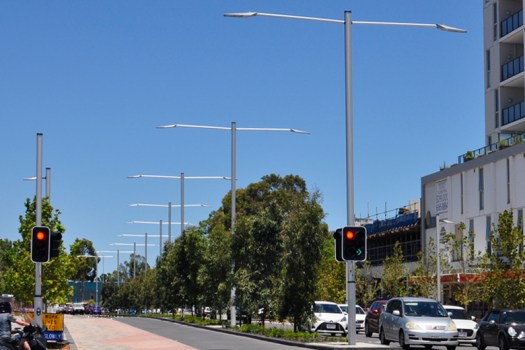
Sue Phillips on: 15 councils participate in SA emissions reduction trial
Garth Daddy on: War memorial contracts fudged, audit finds
Roger Buhlert on: New VLGA appointment vows to lift governance standards